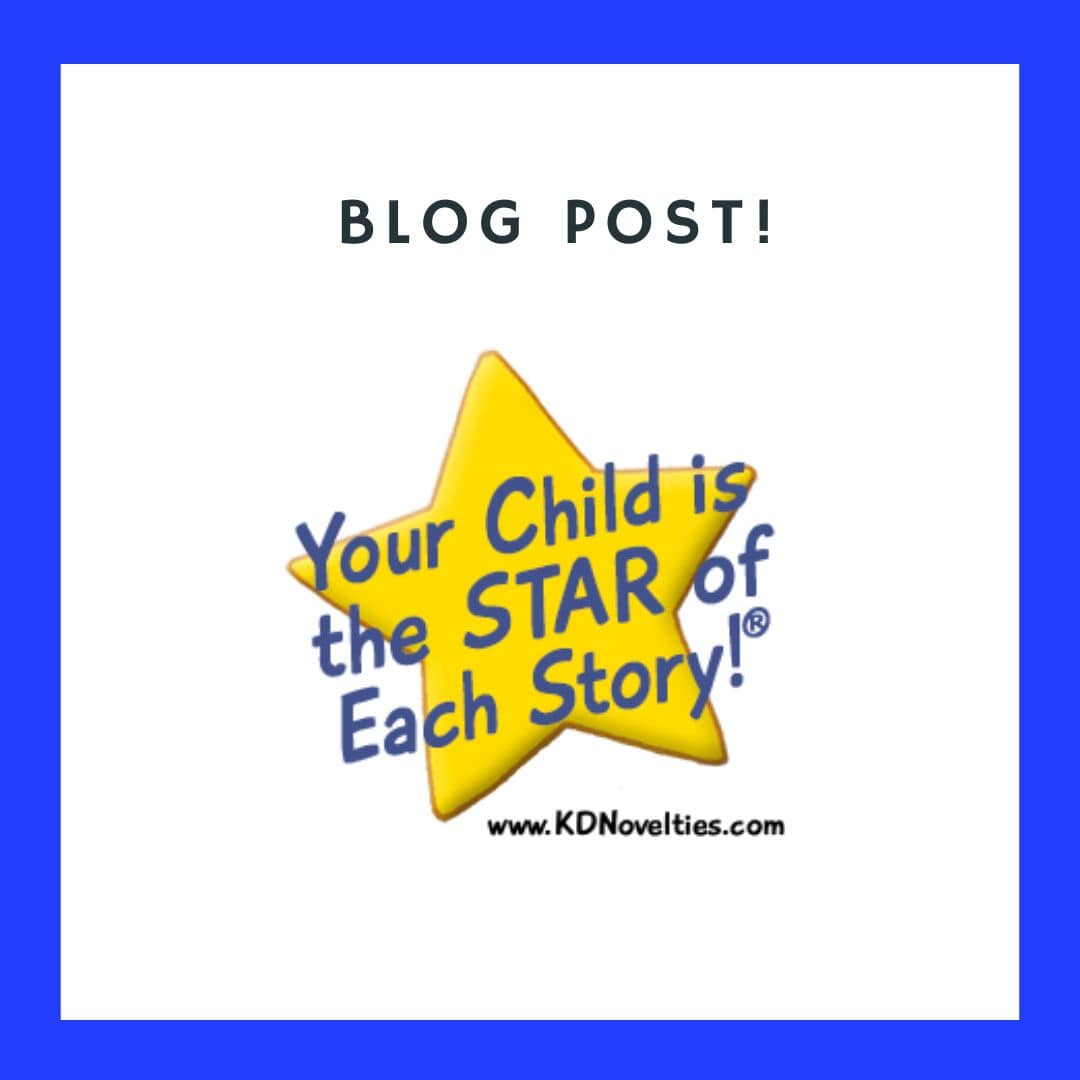People may associate school with learning, but while the world of academia may revolve around schools and other institutions of learning, it can actually happen anywhere and everywhere – especially when it comes to young children. The world is full of things for kids to explore and it is important that they experience as much as possible. Encourage kids to observe, ask questions, and invite them to start learning (and never stop) by inspiring cognitive and language development with these fun, everyday activities.
Textures on Textures
Young kids, namely toddlers, tend to be sensory learners, exploring the world around them with touch, smell, and taste. It’s no wonder that kids love putting their toys in their mouths, or grabbing everything within reach. Keeping this in mind, think of textures, scents and other dazzling things that can grab your child’s attention as well as teach them about the things they see every day. Arts and crafts can allow kids to get tactile with things like beans, cotton balls, pastas, and pipe cleaners. You can even incorporate sensory learning into reading as well! Books aimed at infants are often bulky and made from touch cardboard with the intention that kids will want to touch them or even try to bite them – so let them! Even if your toddler is gnawing on a book instead of reading it, they are becoming familiar with the object in a way they know how. Let kids trace letters, get messy with finger paints, and experiment with other objects they can touch and feel, or even smell and taste depending on the materials you have available.
Measure for Measure
Kids may not totally understand the US measurement system in inches or feet yet, but they can become more familiar with the concept of measuring. Instead of using rulers and tape measures, ask your kids to measure things around the house in objects they are more familiar with: How tall is the table in Legos? How long is the kitchen counter in apples? This can easily turn into a fun game that allows kids to use more familiar sensory objects to understand more abstract ideas and concepts.
Get Labeling
For apprentice readers, reading anything and everything is practice. When making a meal, ask kids to read off the labels of ingredients to you or ask them to help you work your way through the dinner menu. Slap labels on everyday household objects, even the tables and chairs, to get kids used to the idea of reading and making connections. Aside from labeling, you can also make it a habit to ask kids about what letters are in the words of the things around them – What letter does “light” start with? How many objects around the house start with the letter T?
With these everyday activities you can improve early development in children and provide a life long love of learning.
